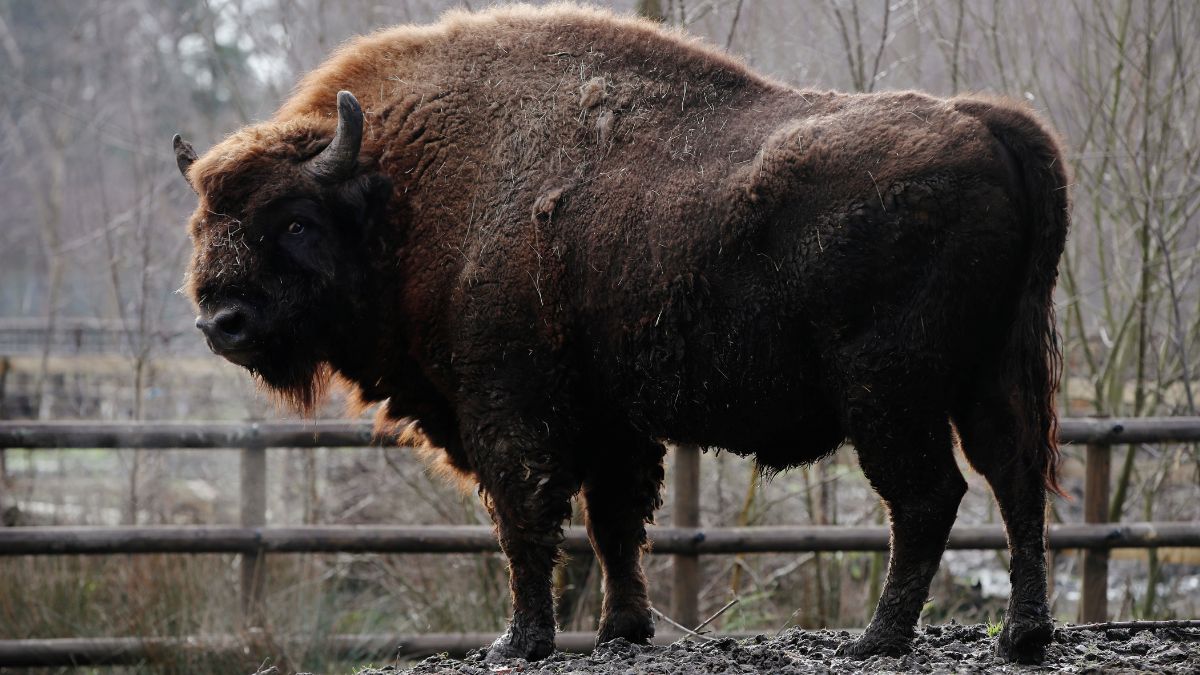Recent research has revealed the significant contribution of 170 European bison reintroduced to Romania’s Țarcu mountains in offsetting carbon dioxide (CO2) emissions.
Led by scientists from the Yale School of the Environment and funded by the Global Rewilding Alliance, the study sheds light on the crucial role of these bison in mitigating the effects of the climate crisis.
The European bison, which vanished from Romania over 200 years ago, made a remarkable comeback in 2014 thanks to the efforts of Rewilding Europe and WWF Romania. Since then, the population has thrived, with over 170 free-roaming bison now inhabiting the Țarcu mountains, making it one of the largest populations in Europe.
The landscape holds the potential to accommodate 350-450 bison, indicating room for further growth.
Using a novel model developed by researchers, the study estimated the additional amount of atmospheric CO2 captured and stored in soils by the bison’s interactions within ecosystems.
The findings revealed that the bison grazing in an area of nearly 50 sq km of grasslands within the Țarcu mountains could potentially capture an extra 2 million tonnes of carbon annually. This significant impact underscores the crucial role of bison in restoring ecological balance and combating climate change.
Professor Oswald Schmitz of the Yale School of the Environment highlighted the various ways in which bison influence ecosystems, including grazing, nutrient recycling, seed dispersal, and soil compaction. These activities help prevent the release of vast amounts of carbon, making rewilded bison valuable allies in the fight against climate change.
The reintroduction of bison in Romania has not only benefited biodiversity conservation but has also spurred nature-based tourism and rewilding businesses. The study’s findings underscore the importance of rewilding efforts, including the reintroduction of keystone species like bison, in addressing both biodiversity loss and the climate crisis.
Impact Shorts
More ShortsThis groundbreaking research provides policymakers with valuable insights into the potential of nature-based solutions in stabilizing the global climate.
By prioritizing nature protection and restoration, countries can harness the carbon-capturing abilities of wildlife species like the European bison to achieve climate resilience and biodiversity conservation goals simultaneously.
)